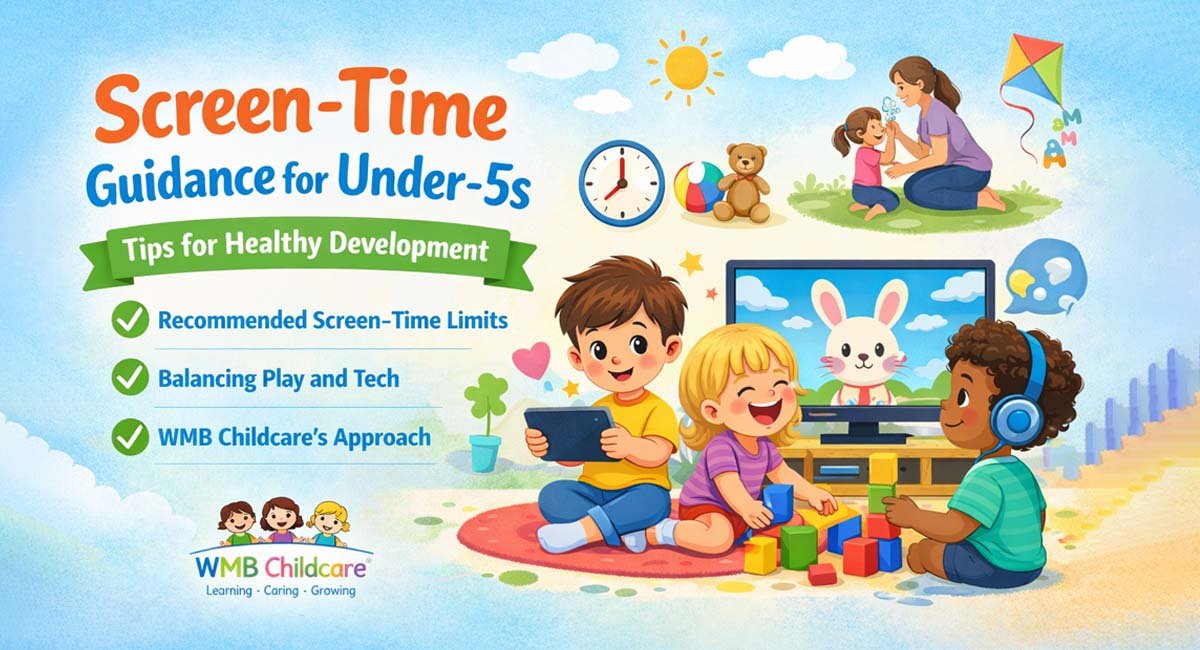The Influence of Masculinity on Child Development
Parenting is a joint responsibility, extending to nurturing a child’s love for learning. Fathers wield significant influence in a child’s growth, impacting their social skills, academic performance, and emotional stability. Moreover, they indirectly shape a child’s well-being. A supportive parental relationship fosters better self-regulation in children. At WMB Childcare, we expose children to diverse models of femininity and masculinity, crucial for their holistic development. Hence, enhancing gender balance in the early childhood workforce ensures children encounter a broader spectrum of role models during this pivotal phase of gender identity formation.
Healthy co-parenting correlates with improved self-regulation and reduced behavioural issues in children. Families operate as interconnected systems rather than isolated parent-child pairs. Our child-centric approach, anchored in values of Bravery, Fun, Aspiration, and Nurturing, permeates all our initiatives aimed at shaping young minds. Just as when it was founded in 2013, WMB remains bold and innovative, driven by action research to uphold quality standards and advocate for its beliefs.
Gender roles have evolved, acknowledging the significant roles fathers play in child development. Every child requires a guiding figure, be it a parent, relative, or caregiver, to navigate their formative years. Traditionally, mothers were seen as role models for girls, while fathers influenced boys. However, the involvement of male practitioners in early education equips children with vital skills, setting them on the path to success.
WMB proudly champions the inclusion of masculine influences in early years education. Outdated notions of childcare being solely women’s domain are obsolete. With fathers increasingly involved in childcare, our nurseries and preschools welcome their participation. We actively encourage men, including fathers and those with childcare experience or interest, to join this fulfilling profession.
Men offer unique contributions to children’s development, such as through interactive play styles like “rough and tumble play,” which enriches learning experiences. Reports from educators, both male and female, affirm that male presence enhances parental involvement, especially among fathers. By diversifying caregiving dynamics, men create enriched learning environments for children.
Fathers aren’t just assistants to mothers but essential figures in their own right, impacting children’s well-being across physical, cognitive, emotional, and social domains. Their influence, in conjunction with mothers and other caregivers, underscores the importance of understanding father-child relationships within the broader family context.
Let’s encourage men to take pride in contributing to early years care, shaping the future of our cherished children. Thank you.








